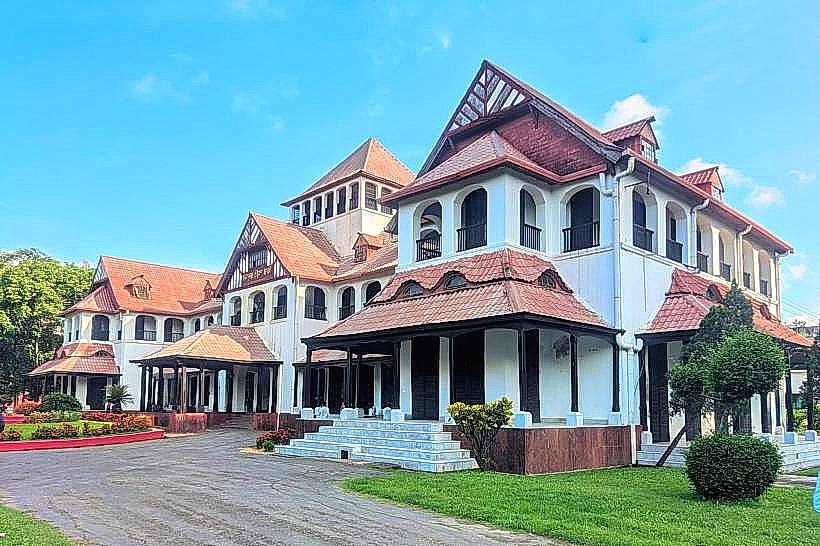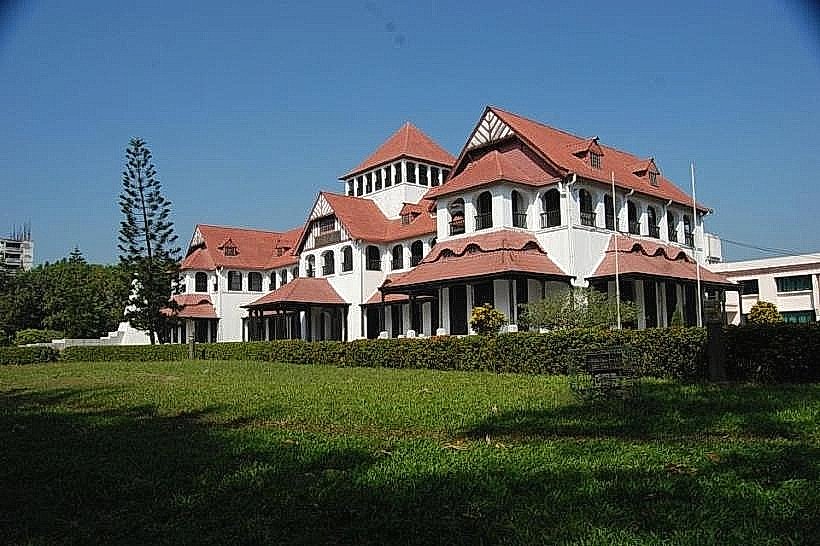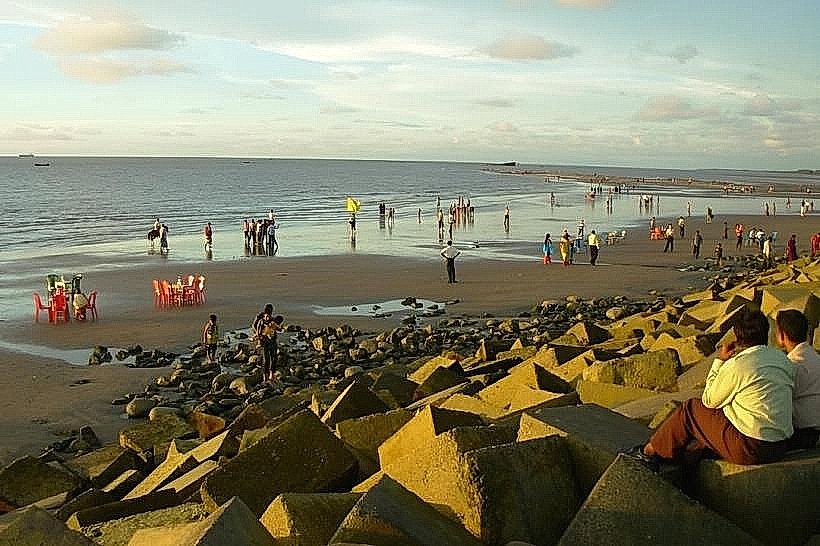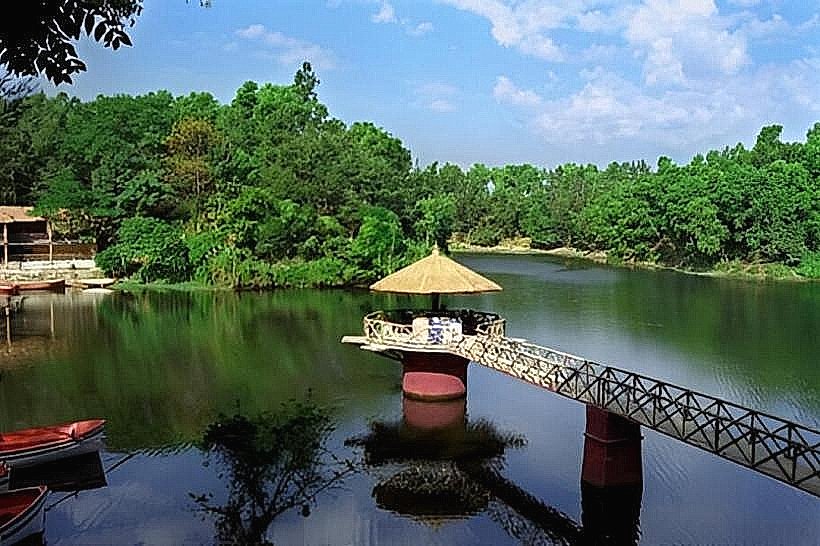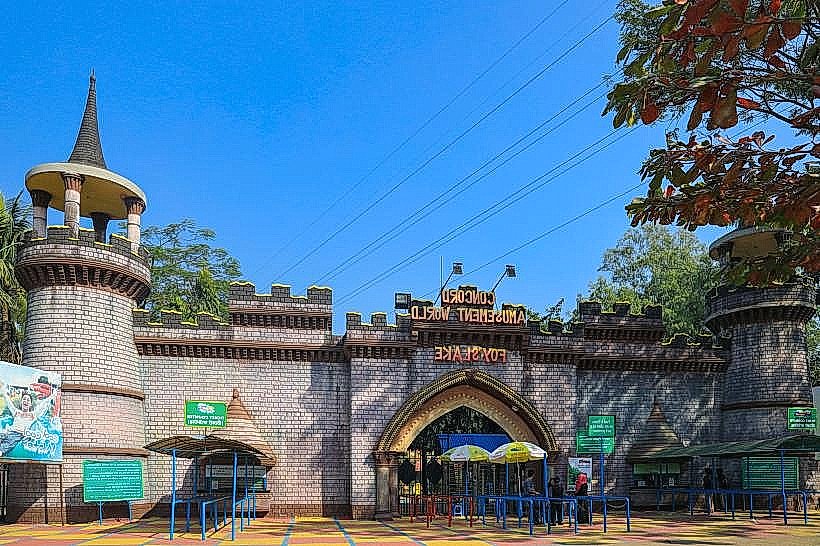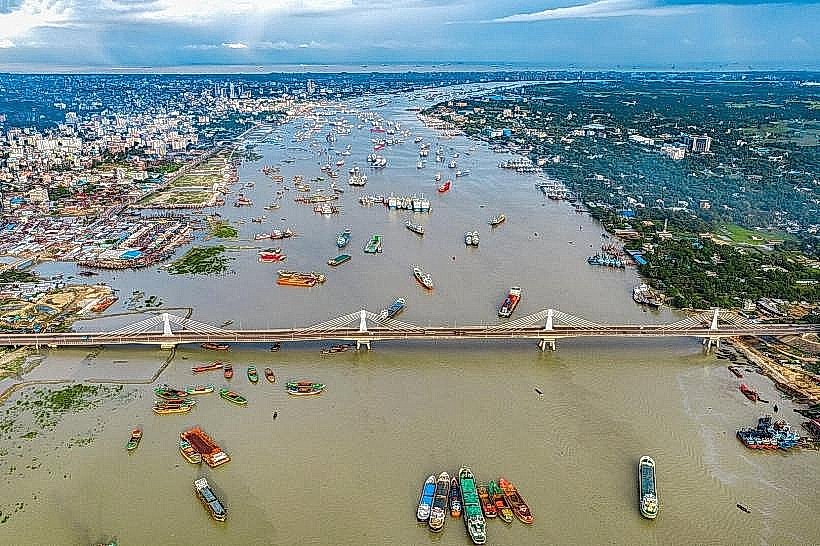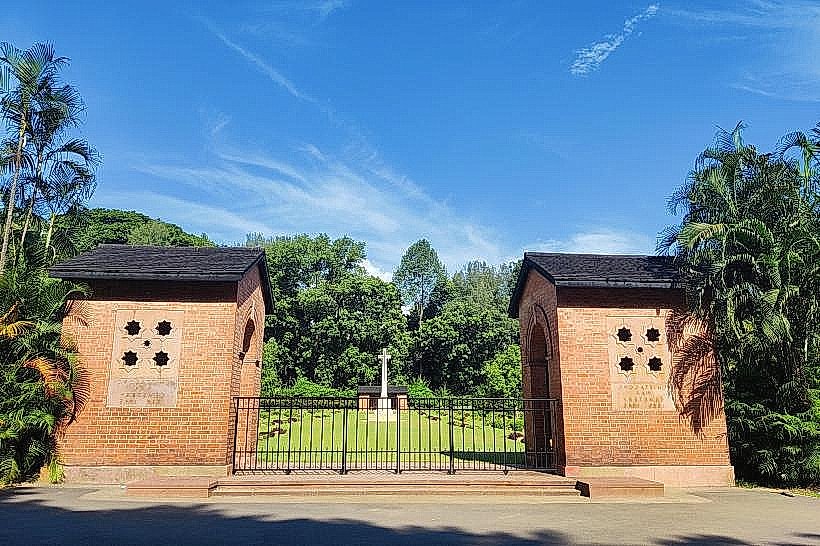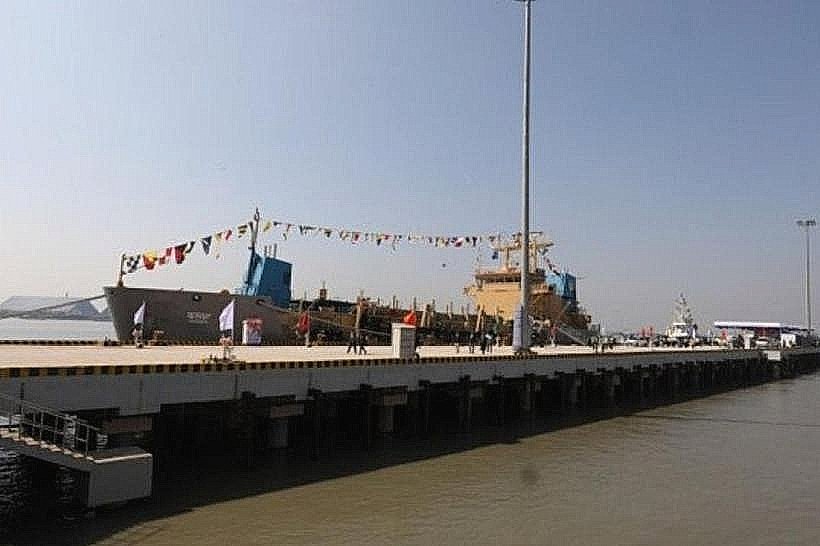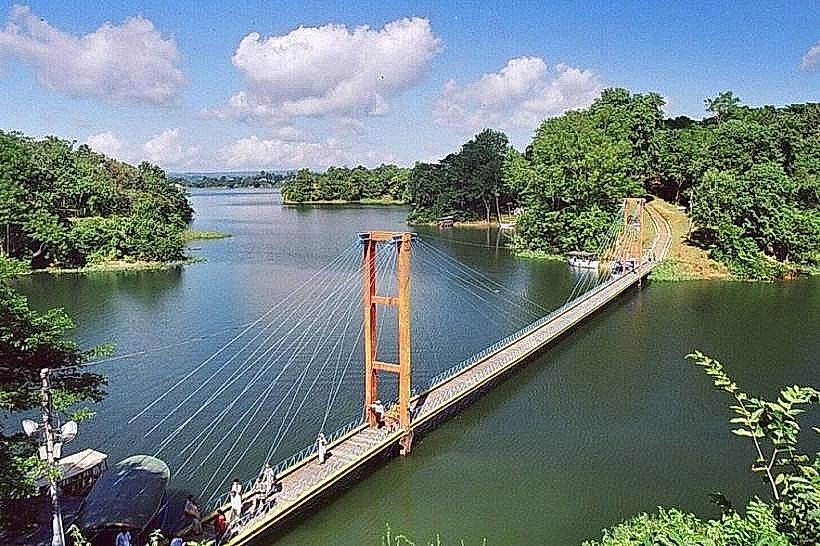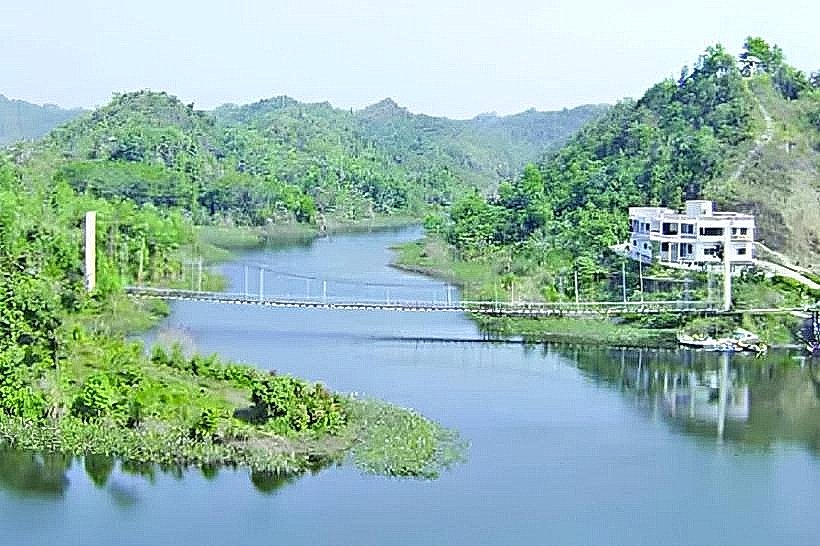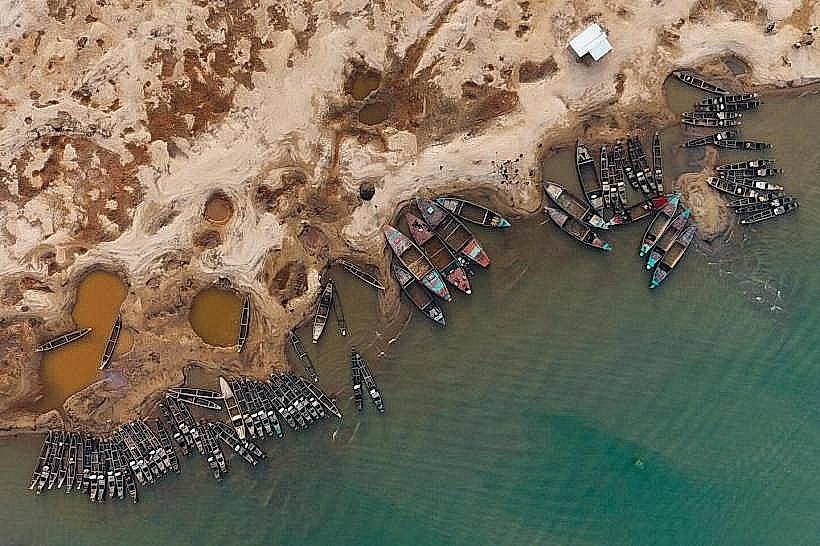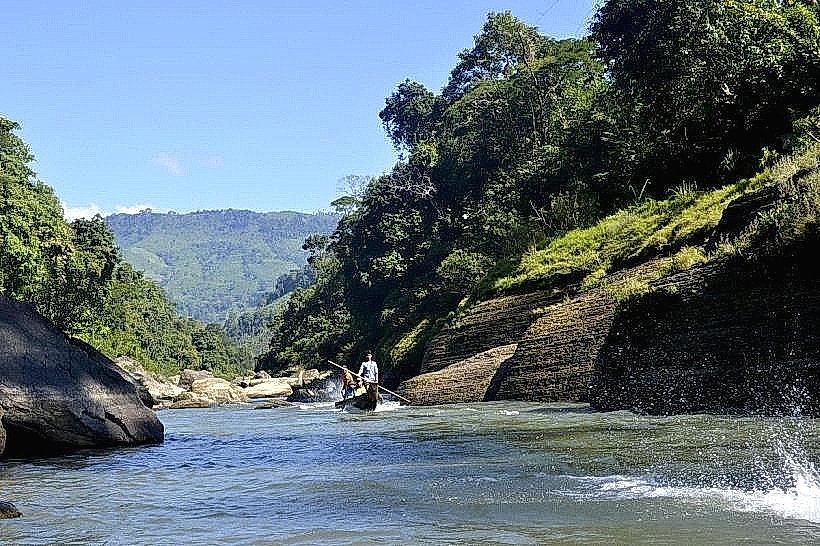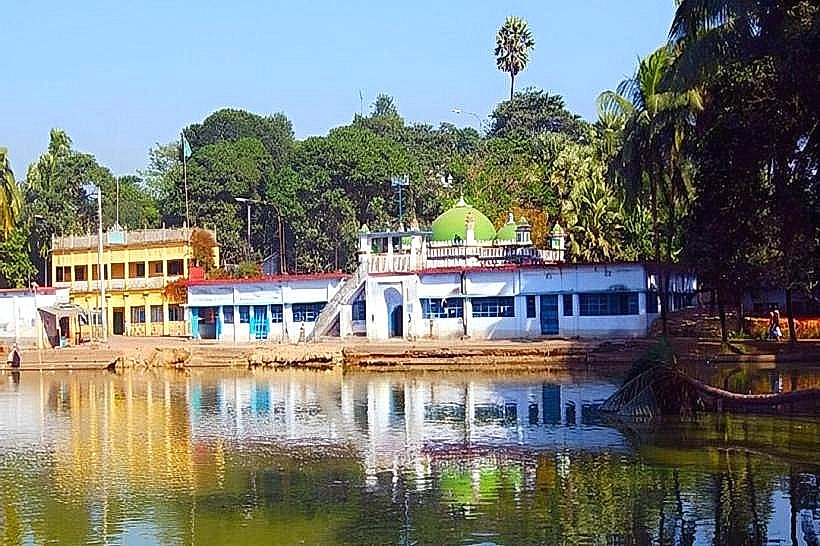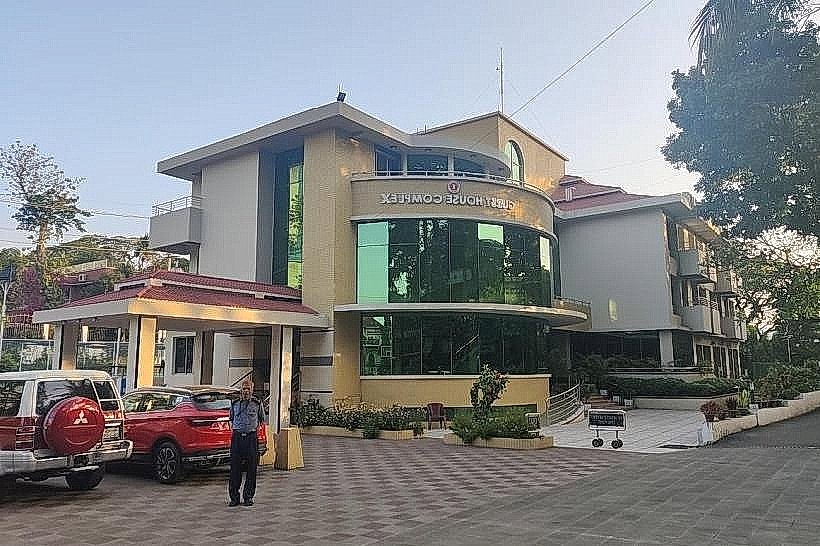Information
Landmark: Chittagong PortCity: Chittagong
Country: Bangladesh
Continent: Asia
Chittagong Port, Chittagong, Bangladesh, Asia
Chittagong Port is a major seaport located in Chittagong, Bangladesh. It serves as the primary gateway for maritime trade for the country.
Visual Characteristics
The port consists of a series of jetties and berths constructed primarily from reinforced concrete. The water depth varies across the berths, accommodating vessels of different sizes. The surrounding area is characterized by industrial infrastructure, including warehouses, cranes, and container yards. The color palette is dominated by industrial grays, blues of the water, and the varied colors of shipping containers.
Location & Access Logistics
Chittagong Port is situated approximately 15 kilometers southwest of the Chittagong city center. Access is via the Port Connecting Road, which links to the Chittagong-Cox's Bazar Highway. Ample parking is available within designated port areas for authorized vehicles. Public transport options directly to the port's main gates are limited; however, local buses and auto-rickshaws operate to the general vicinity, requiring a short walk or additional local transport to specific operational areas. Access to operational berths is restricted and requires proper authorization.
Historical & Ecological Origin
The origins of Chittagong Port date back to the 4th century CE, with historical records indicating its use as a maritime trading center. The modern port infrastructure began development in the British colonial era, with significant expansion and modernization occurring post-Bangladesh's independence. The port is situated on the Karnaphuli River estuary, a dynamic deltaic environment.
Key Highlights & Activities
Observation of cargo handling operations from designated viewing areas is possible. Ship spotting is a common activity for enthusiasts. Access to operational areas for tours is strictly controlled and requires prior arrangement with port authorities.
Infrastructure & Amenities
The port complex includes administrative buildings, customs facilities, and operational infrastructure. Restrooms are available within administrative and terminal buildings. Shade is provided by structures within operational areas. Cell phone signal (4G/5G) is generally available within the port complex, though signal strength can vary. Food vendors are located in the vicinity of the port's administrative areas, but not within the operational zones.
Best Time to Visit
For observing port operations, daytime hours are most active. The monsoon season (June to October) can bring heavy rainfall, potentially impacting visibility and operations. The dry season (November to May) generally offers more stable weather conditions.
Facts & Legends
Chittagong Port is one of the oldest ports in South Asia, with a continuous history of maritime activity spanning over a millennium. A specific "secret" tip for visitors interested in maritime history is to research the port's role during World War II, when it served as a significant Allied naval base.
Nearby Landmarks
- Shah Amanat Bridge (0.8km Northeast)
- Karnaphuli River (Adjacent)
- Chittagong War Cemetery (2.5km Northwest)
- Foy's Lake (4.0km North)
- Chittagong Railway Station (4.5km North)

